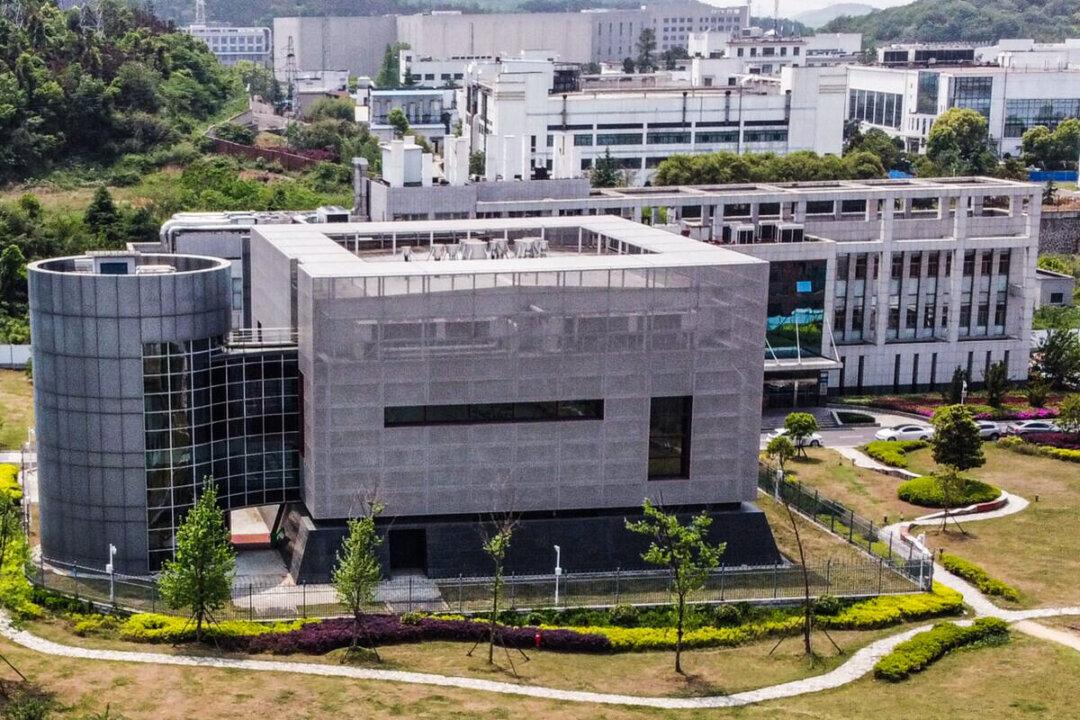The Biden administration has suspended funding to the laboratory in China that’s located in the same city where COVID-19 cases were first identified, according to a new document.
The U.S. Department of Health and Human Services (HHS) is cutting off the Wuhan Institute of Virology’s access to U.S. grants, an HHS official said in a memorandum dated July 17.





